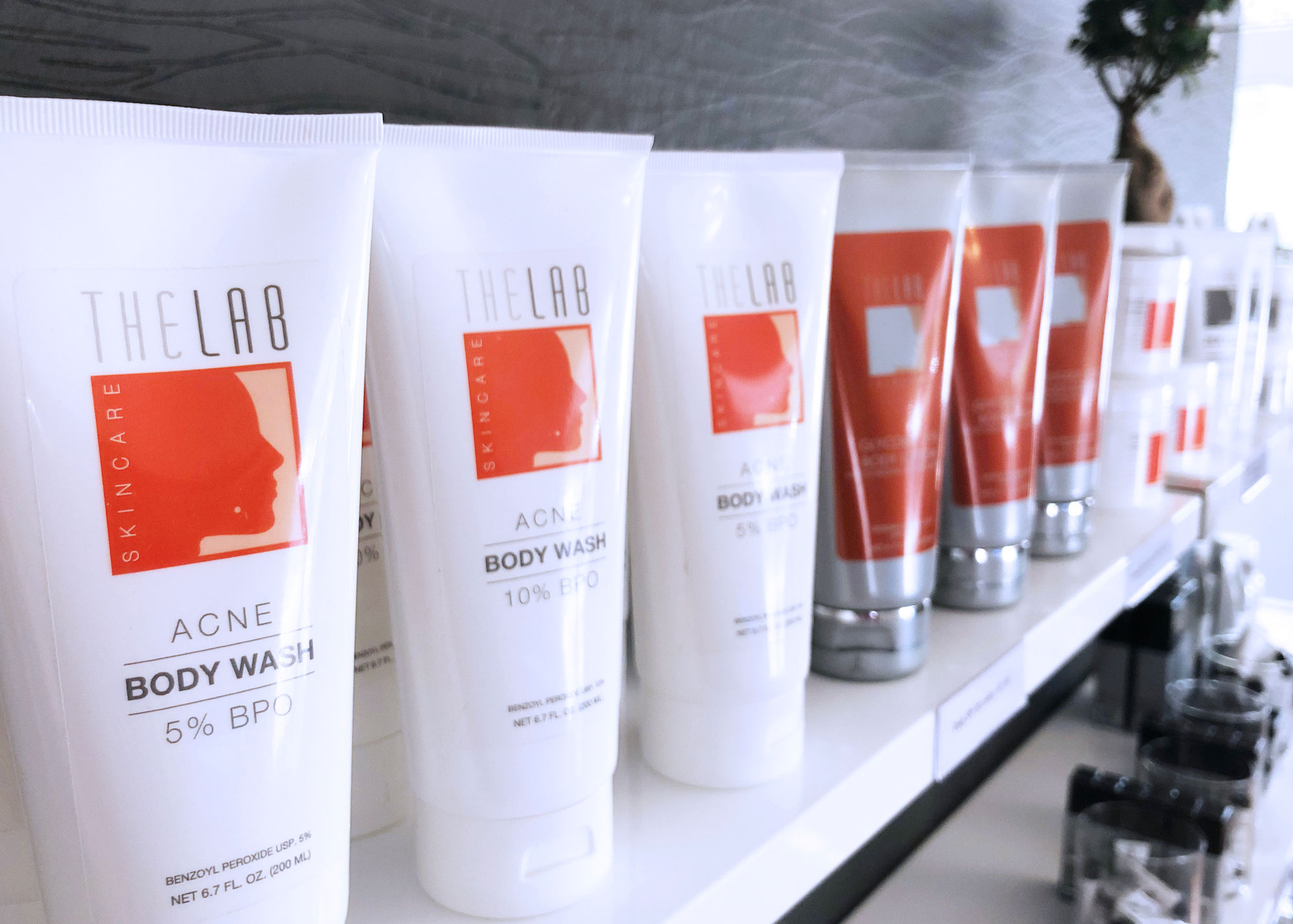Adult Acne
Some clients are surprised to see their first regular breakouts show up for the first time well past adolescence. Today it is very common (for women in particular) to begin to breakout for the first time in their 20’s & 30’s, and some even in their 40’s or greater!
Why?!?….
Acne can be particularly frustrating for adults especially when never acne as teenagers. Some of us may have had acne while we were teenagers then find we have acne again as adults and are further frustrated that what might have worked then, doesn’t work now. Is it diet, hormones, stress, allergies? If so, why now?
Family History
Does a close blood relative, such as a parent, brother, or sister have acne? Findings from research studies suggest that some people may have a genetic predisposition for acne. People who have this predisposition seem more likely to get adult acne.
Men can also experience acne as adults though a larger percentage of men find that their acne resolves in their early-mid 20’s as their testosterone production from adolescence begins to plateau and lessen over the years.
Hormones
Women in particular have an ever-changing landscape of micro and macro changes in hormones.
Macro changes happen during the various “seasons” of our lives. Adolescence/puberty, pregnancies, postpartum, thyroid changes, peri-menopause, menopause…imbalances during any/all of these times can lead to breakouts.
Micro changes can happen more frequently throughout the month tied to our menstrual cycle and/or related to changes in birth control.
Stress
We all live in a high-octane world and many of us are operating with chronic stress levels which has been well documented to have long-term effects on our health. In addition, sometimes we have to manage times of acute stress (finals, work pressures, weddings, funerals, buying/selling a home, illness, etc.)
Researchers have found a relationship between stress and acne flare-ups. In response to stress, our bodies produce more androgens (a type of hormone). These inflammatory hormones stimulate the oil glands and hair follicles in the skin which can create an inflammatory cycle with certain bacteria on our skin, increasing the likelihood of breakouts during periods of stress.
Hair and skin care products
Ingredients matter if you have acne. There is a need for skincare to not only be effective to clear acne, but effective skincare should not be irritating. Products that “irritate” skin can leave skin dry/dehydrated, itchy, red, flakey, etc. Irritation can increase the skin’s oil production as a way to protect/heal itself which can also exacerbate breakouts.
Effective skincare is a science-and-art process. At the very least, it is very important that any skincare product or makeup used on acne-prone acne does not contain any of the ingredients on this list (Science): [hpyerlink to Pore Clogger List]
Then it is most important to build a skincare routine that property cleans, hydrates, protects (SPF) and then clears current breakouts and prevents future breakouts while leaving the skin healthy and vibrant (Art)!
Medication side effect
Acne is a side effect of some medicines. If you suspect that a medicine is triggering your acne or making it worse, continue taking the medicine — but talk with the doctor who prescribed it. Ask if acne is a possible side effect. If acne is a possible side effect, ask if you can take a different medicine. If you cannot take another medicine, you may have to change your skincare products and strategies for a while.
Undiagnosed medical condition
Sometimes, acne is a sign of an underlying medical condition. Often when acne appears suddenly or in very particular areas it is more likely that it isn’t a typical acne problem. Once the medical condition is diagnosed and treated, the acne often clears.
So, if you combine stress with hormonal changes, a family history, the wrong skin care products/routine, and perhaps even medication, it’s not surprising we can develop acne as adults!
Effective treatment is available for adult acne!










